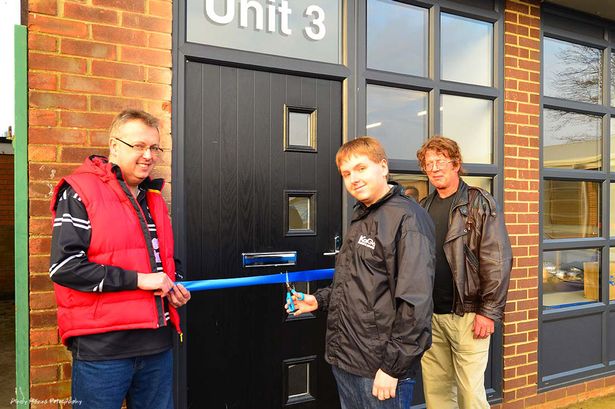Home
About Us
Improving Health of People with Intellectual Disabilities Program
by: Iola BonggayThe Centers for Disease Control and Prevention, otherwise referred to as CDC, is a federal government agency operating within the United States Department of Health and Human Services that is greatly responsible for protecting public health and safety through the provision of information to enhance health decisions and the promotion of health through partnerships with state health departments and other organizations.
|
|
The grants and initiatives of the CDC are all geared towards the realization of its general agency mission which is to collaborate with other agencies "to create the expertise, information, and tools that people and communities need to protect their health – through health promotion, prevention of disease, injury and disability, and preparedness for new health threats."
In keeping with this mission, the Centers for Disease Control and Prevention has constituted the Improving Health of People with Intellectual Disabilities Program in an attempt to financially support initiatives for people suffering from intellectual disabilities, thereby seeking to increase healthy behaviors and improve access to appropriate health services.
The program also intends to identify comorbid conditions and a number of poor healthy behaviors in people with intellectual disability (ID) to in order to somehow find a way to reduce or totally eliminate these behaviors and make way for better health practices.
Initially, the program is set to focus primarily on US populations but could also extend its activities internationally. By the end of the tenure of the grant, the recipient should have accomplished the following program objectives:
a) Provide health assessments, referral to services, and education to people with ID;
b) Provide health promotion training, information, and encouragement to people with ID and, when appropriate, their caregivers or service providers;
c) Train health care professionals to develop improved skills in their care of people with ID;
(continued...)
Improving Health of People with Intellectual Disabilities Program
Page 2
About The Author
Iola Bonggay is an editor of TopGovernmentGrants.com one the the most comprehensive Websites offering information on government grants and federal government programs. She also maintains Websites providing resources on environmental grants and grants for youth programs. |
Additional Resources
category - Health Grants
National Science Foundation's Smart Health and Wellbeing Program
Learning Disabilities Innovation Hubs Program
Academic-Community Partnership Conference Series Program
Advanced Neural Prosthetics Research and Development Program
Follow @topgovtgrant
Social Entrepreneurship
Spotlight
Hexham Social Enterprise Launches Workshop to Provide Training for the Unemployed

A Gilesgate-based shop and community facility, Hexham’s Core Music, launches a separate workshop where up to six people will be trained how to repair guitars and make ukuleles. The European Social Fund grant supported the project and has secured funds through the County Durham Communication Foundation to equip the workshop in Burn Lane.
